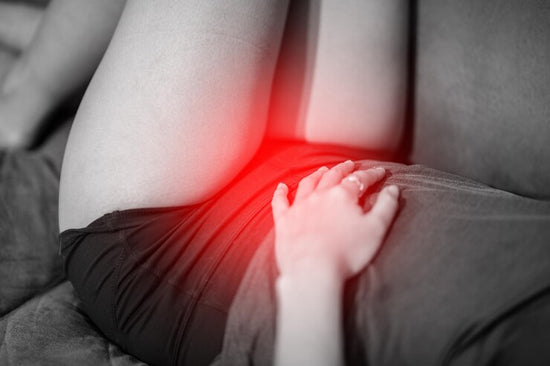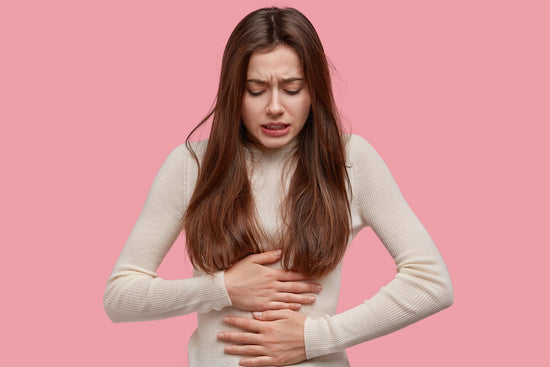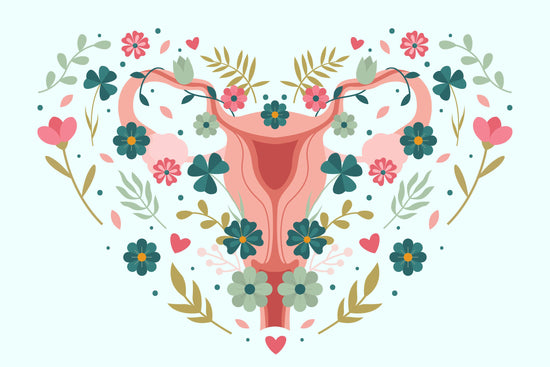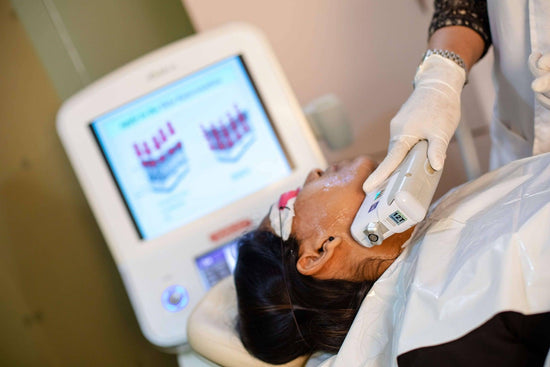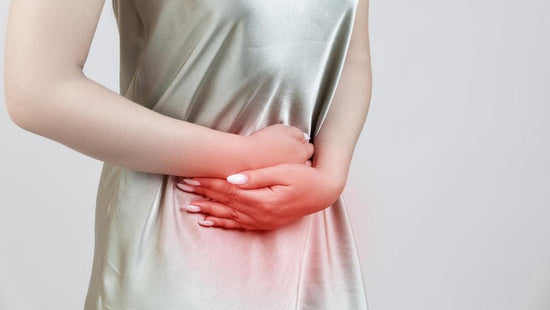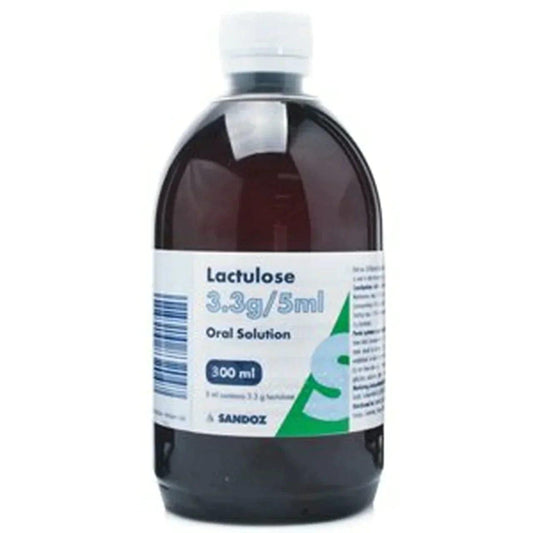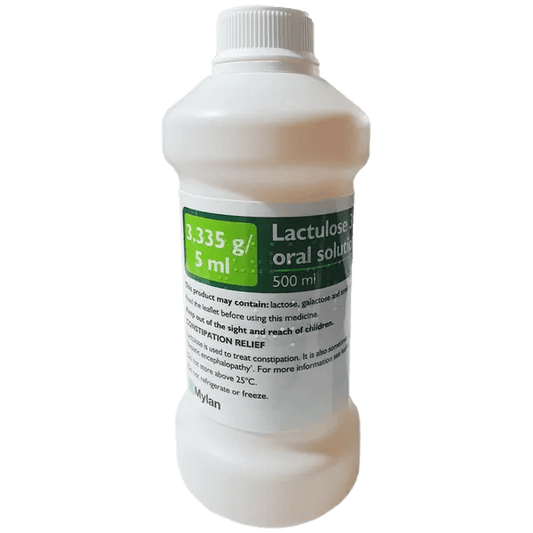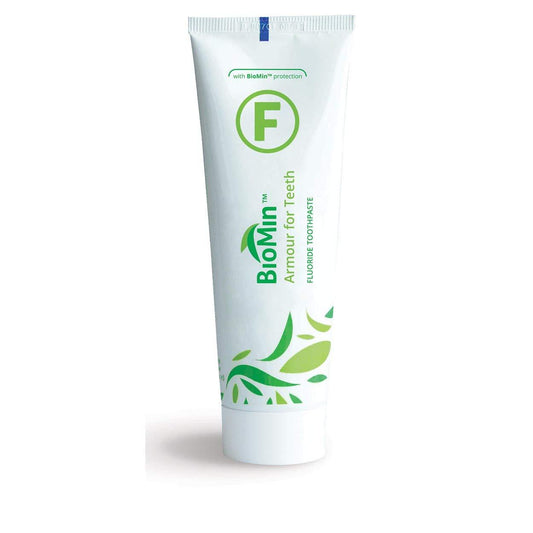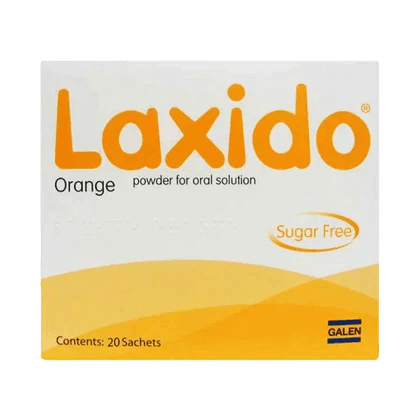What’s covered?
Why should I use a Period Tracker?
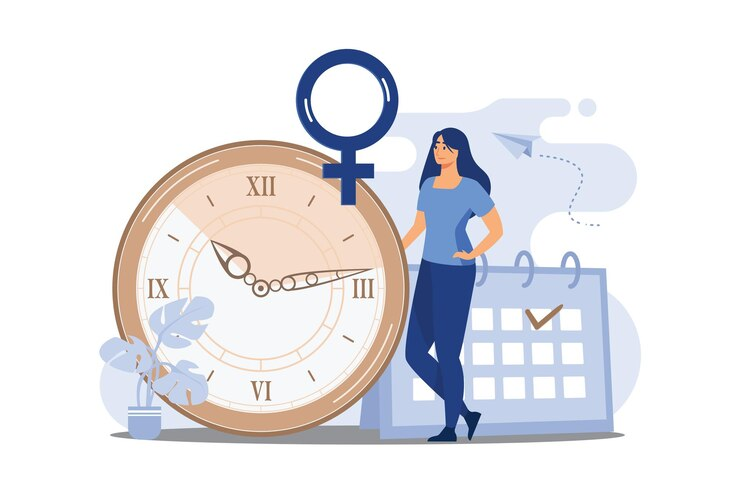
Regularly keeping track of the date of your next period each month has often been a hassle for quite a few women. It’s that time of the month when you feel moody and crampy. Along with your premenstrual symptoms, the worry of staining your clothes is almost always at the back of your mind. In today’s fast-paced life, one’s plate is filled with several responsibilities. With busy schedules every other day, it is not unusual to miss your period date. How often have you wished for a timely reminder of your period date for every month of the year? Well, the Period Tracker has heard your distress calls and is here to remind you of your period date well in advance.
What is a Period Tracker?
Digital apps related to Medicine and Healthcare have significantly impacted the digital platform. The technology of digital healthcare apps has certainly helped bridge the gap between doctors, medical and health-related knowledge, and the common person. These apps help to maintain and keep a track of vital health records as well as motivate and help people to achieve optimum health. Period tracking app is one such easy-to-use digital health app that has benefited many women.
First launched in 2013, period tracking apps have been used by millions of women around the globe. Period trackers are applications that help women to track their menstrual cycle and thereby predict the date of their next period. It has been one of the most useful apps made for women’s health. The benefits of period apps have certainly made life easier for women. It lets you be mentally and physically prepared for the coming period. Charting your menstrual cycle can never get easier than tracking it on period apps.
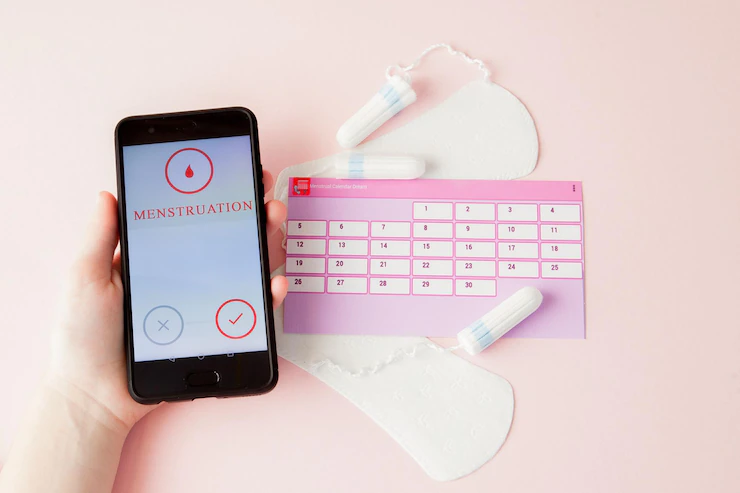
Menstruation and Menstrual Cycle
Menstruation
Menstruation or period is the monthly shedding of the lining of your uterus that occurs when the egg is not fertilized. Also known as menses, the menstrual blood contains blood, mucus, tissue, and cells from the uterine lining. Women may use sanitary pads, tampons, or menstrual cups to absorb blood released from the vagina.
Menstrual Cycle
The menstrual cycle consists of four phases that prepare the body for becoming pregnant, which results in uterine, reproductive, and hormonal changes in a woman's body. The average cycle lasts for 28 days, with the first day of menstruation being the first day of the menstrual cycle. If fertilization of the egg does not occur, the body is signalled to shed the lining of the uterus.
Four Phases of the Menstrual Cycle
1. Menstrual Phase
This phase begins on the first day of your period and may last for three to seven days. During this period, women experience the release of blood and tissue from the vagina. The first period in your life is called menarche. The average age menarche may occur is 12 or 13years. Menopause is the period when you stop menstruating permanently and your period stops. The average age for menopause is 51 years.
2. Follicular Phase
The menstrual phase is followed by the follicular phase, which starts on day six and may last till day 14 if you have a 28 day cycle. During this phase, there is a rise in the hormones oestrogen and follicle-stimulating hormone (FSH). Oestrogen increases the thickness of the uterine lining, preparing the uterus for pregnancy. The FSH hormone helps to develop follicles in the ovaries, resulting in the formation of at least one mature egg.
3. Ovulation
Ovulation occurs during the mid-cycle period when the ovary releases an egg. It is characterized by a peak in the luteinizing hormone.
4. Luteal Phase
This involves the second half of the cycle, from day 15 to day 28. A characteristic rise in the progesterone hormone further prepares the uterus for pregnancy. During this phase, the egg begins its journey from the ovary, along the fallopian tube, to the uterus and waits for fertilization to occur. If a sperm fertilizes the egg, it will implant itself onto the uterus wall. If you are not pregnant, the hormones progesterone and oestrogen levels decrease. The fall in hormone levels results in the shedding of the uterine lining, and your next period starts, starting the period again.
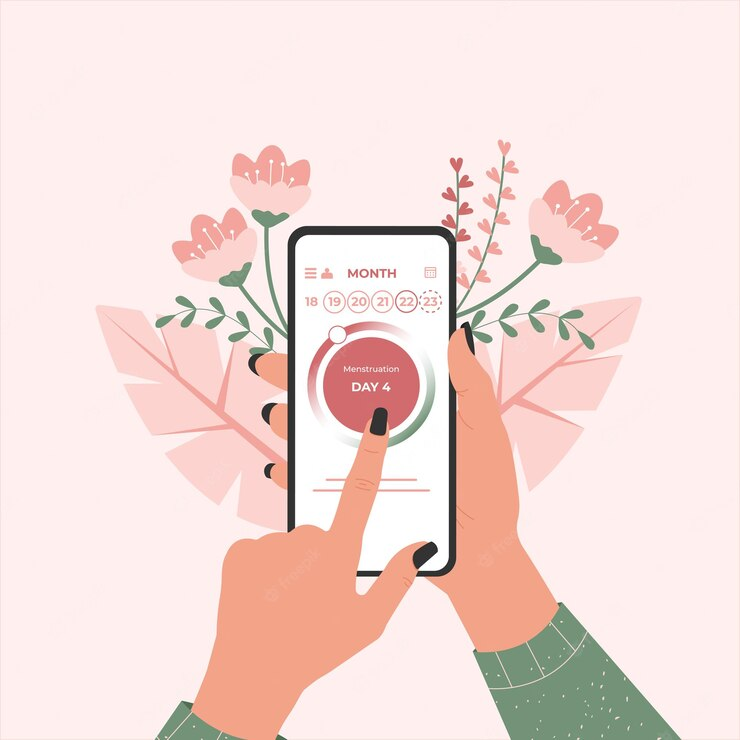
How does the Period Tracker Work?
Studies have shown that period-tracker apps predict your cycle dates based on the average 28 day cycle data. They ask you to enter data regarding your previous cycle dates, which further enables the app to accurately predict your period date. A previous record of at least six months is considered ideal to help the app predictions.
Why use a Period Tracker?
Period tracker apps have many more benefits other than predicting your monthly periods.
Ovulation
Ovulation is a specific day that occurs during the middle of your cycle. The period tracking app evaluates your cycle and predicts your ovulation day according to the length of your cycles.
Trying to Conceive
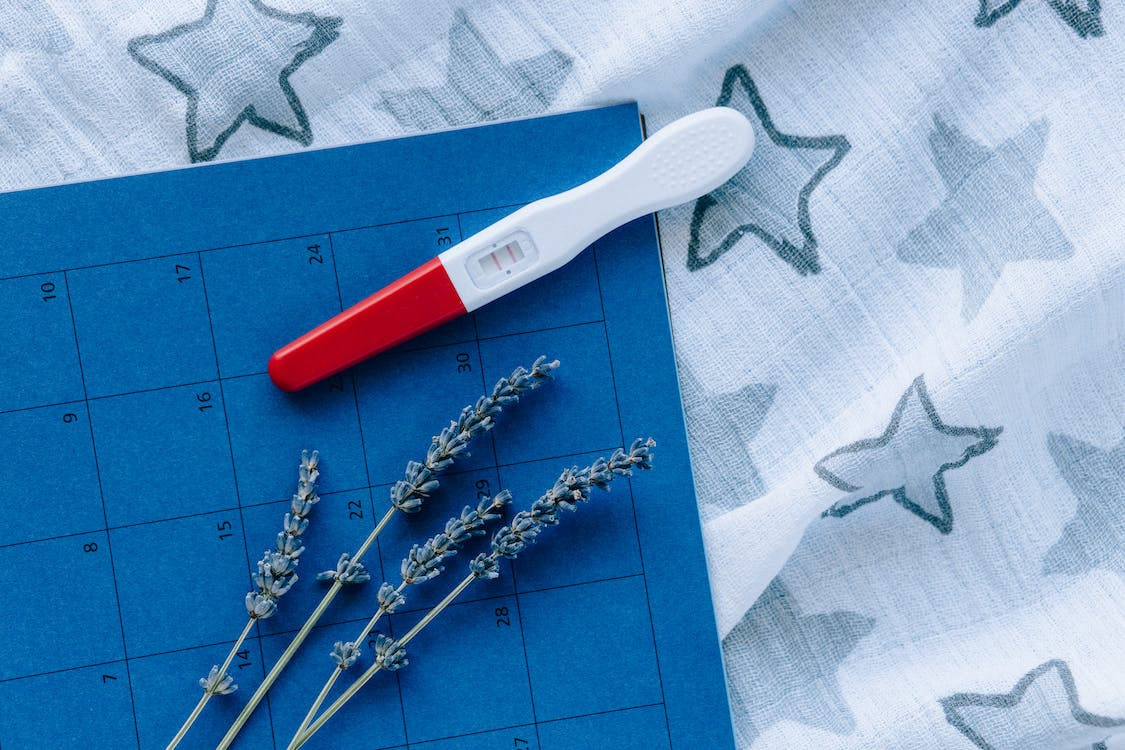
The period tracker app is a great help for all couples who are trying to conceive. Tracking and predicting your ovulation day helps you track your fertile days, which usually begin a few days before ovulation may occur. Since the sperms remain viable for an average of four to five days, the app estimates your fertile window to be the five days leading up to ovulation, the day of ovulation, and the next day after ovulation. Now that you know your fertile period, you can time sexual activity accordingly and thus increase your chance of becoming pregnant.
Being better prepared for your Premenstrual Symptoms (PMS)
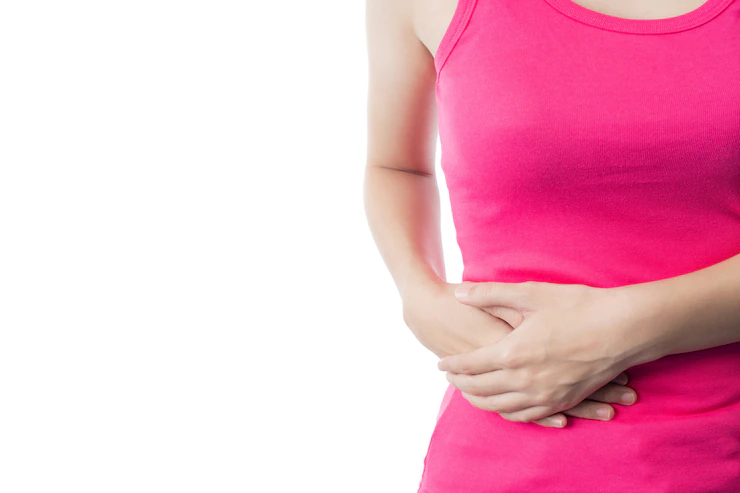
Once you regularly update and track your period, the app evaluates the specific symptoms associated with hormonal changes in your body. Woman experience PMS a few days before their periods. PMS differ from person to person. Once you are aware of your PMS and their timing in tune with your menstrual cycles, you will be able to better understand and prepare yourself for mood swings.
Being aware of Symptoms associated with Ovulation
Women often experience specific symptoms a few days before ovulation. Pre-ovulation symptoms are often missed. But the alerts available on your Period tracker can help track your symptoms and be better aware of your body. Egg-white cervical mucous, pelvic pain and bloating are some of the symptoms associated with ovulation.
Variations in Sex Drive
Sex drives have their highs and lows during different periods of your cycle. Women often experience a heightened sex drive during the days leading up to ovulation, which also happens to be the best time to have sex if you are trying to conceive.
Birth Control
Now that you have been alerted regarding your fertile days, you know your safe days. Natural birth control involves the rhythm method. You can avoid having unprotected sexual activity during the fertile period to prevent pregnancy. Having intercourse during your safe period is a method of birth control practised by many couples who wish to prevent pregnancy.
Helps maintain your Health
Consistently tracking your menstrual cycle will alert any irregularities or problems associated with your menstrual cycle. If you have a missed period due to conception or any underlying health problem, the period app quickly alerts you about it. The Period tracker thus helps to keep an eye on health problems associated with hormones or your menstrual health, helping you identify them earlier so that you can visit your doctor soon.
Clue, Eve, Glow, Period tracker, Flo and My Calendar are some of the best resourceful apps you may use to track your periods.
Overall, most women find using the Period tracker a great experience. It is certainly a handy app that allows you to track your period along with a wide range of benefits.
To learn more about women's health, read our women's health information page here.
If you would like to learn more about fertility, or to order one of our private at-home fertility tests, see our Fertility Health Hub here.
Plus get the inside scoop on our latest content and updates in our monthly newsletter.



























